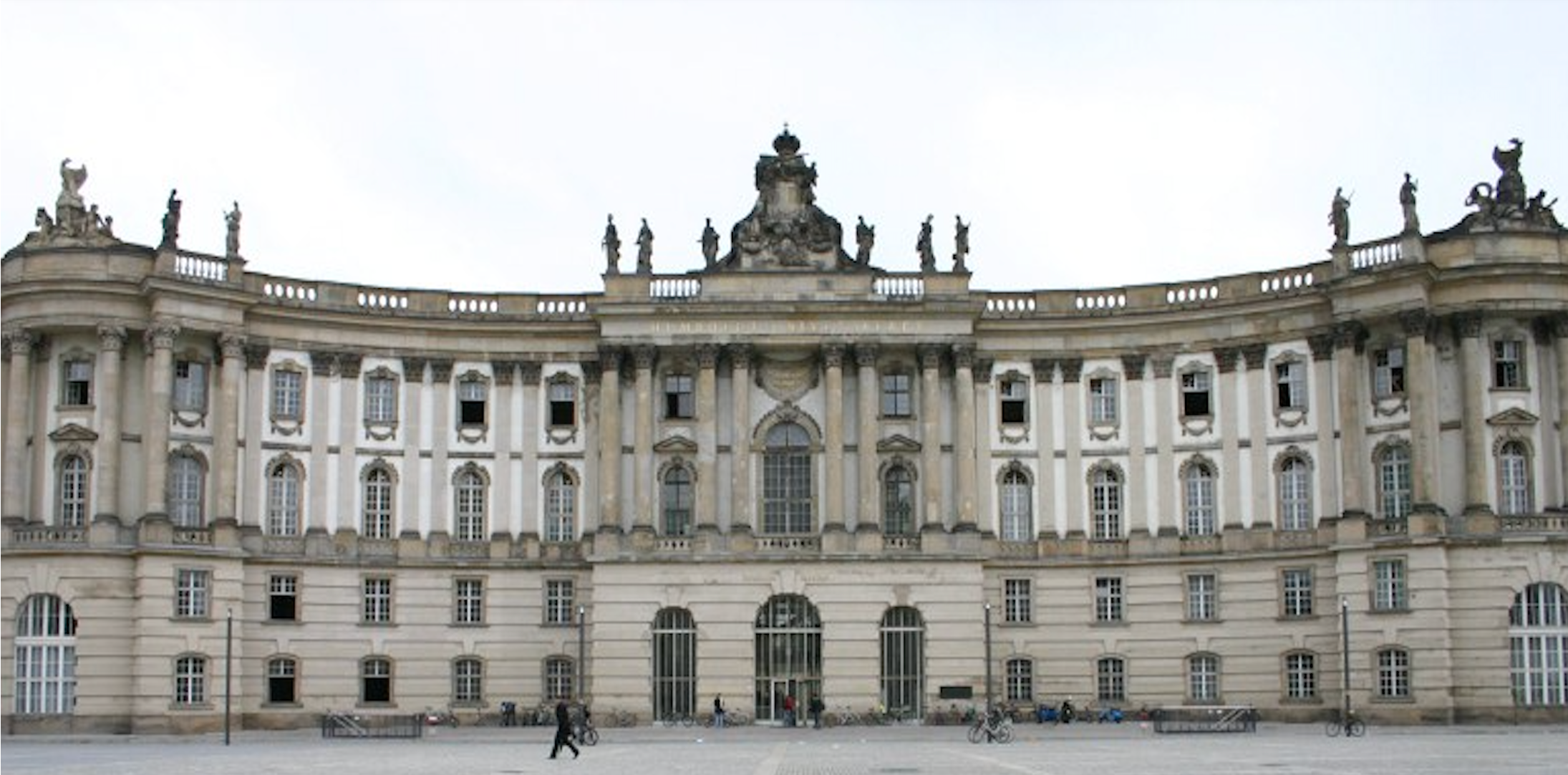Prof. Dr. Gerhard Wagner on Arbitration, October-November 2021
In the course of the winter semester, we had the opportunity to attend several interesting and thought-provoking lectures, which comprised the core compulsory modules as well as a series of guest lectures. The benchmark for our theoretical/doctrinal knowledge of international commercial arbitration was set during the Arbitration Module, where we delved into the most significant and salient issues in this field, inter alia, the arbitration agreement, the applicable laws in arbitration, the role of national courts during the arbitral proceedings, and the recognition and enforcement of the arbitral award.
One of the most interesting parts of this module was the lecture series given by Prof. Dr. Gerhard Wagner (LL.M.), who is also the Academic Director of the IDR LL.M. and the holder of the chair for civil law, business law and economics at the law faculty of Humboldt University. These lectures took place from mid-October to late November 2021, and set the very foundations with regard to our understanding of the legal concept of international commercial arbitration, dealing with the following issues: a welcome lecture touching upon the arbitration and dispute resolution toolbox, the sources of law of arbitration, the “in writing” requirement as regards the form of the arbitration agreement, the conclusion, consent to, content, and other prerequisites of the arbitration agreement, and lastly, the access to state courts and arbitral tribunals. This last lecture which took place in late November was particularly insightful and inspiring to me because it dealt with delicate and difficult issues, some of which are still to be addressed effectively by legislators, such as the occurrence of concurrent court and arbitral proceedings and the defence of the arbitration agreement before courts. One thing I found of particular interest was the discussion regarding the lis pendens rule and the prerequisites to be established in the event of the initiation of parallel proceedings, especially within the European Union where arbitration is excluded from the application of the Brussels Ia Regulation, which means that the aforesaid rule does not apply in such cases.
What is more, this lecture inspired the topic of my master thesis, because the whole analysis which took place in the classroom had me wondering, what the options might be in the event of a breach of an arbitration agreement. It especially raised the issue of whether the aggrieved party can seek damages for the expenses incurred while defending the arbitration agreement, possibly, in a foreign and distant forum? The choice of topic was easy for me, and I chose to write about the possibility to seek damages for recourse to the state courts in violation of an arbitration agreement.
Considering what I have learnt and experienced during Prof. Wagner’s lectures, his contribution is an essential element of the LL.M, given that his knowledge, experience and teaching methods add to the students’ academic experience, resulting in a highlevel of education, which is what Humboldt University is renowned for.
Ierotheos Koufis, IDR LL.M. Candidate
